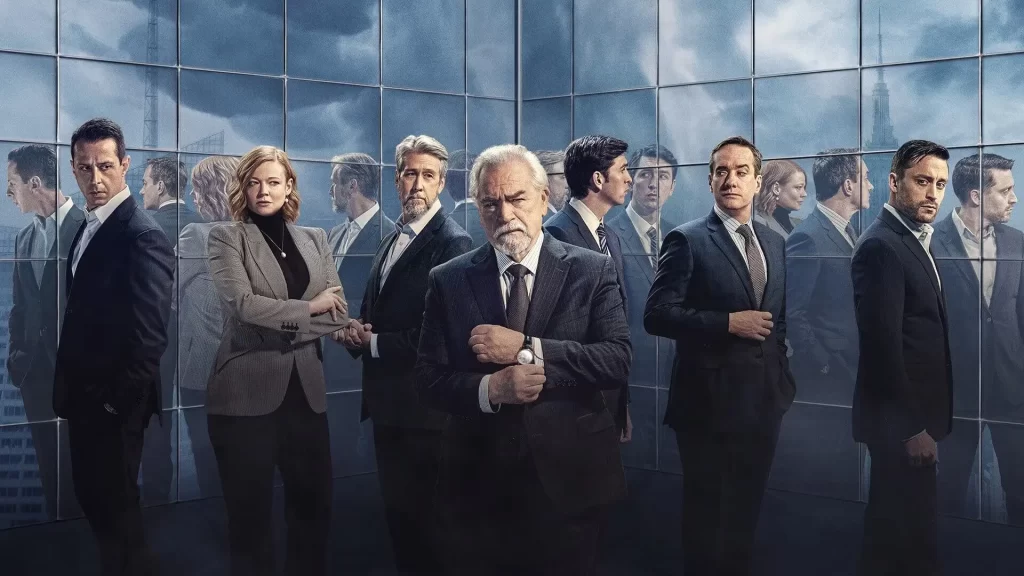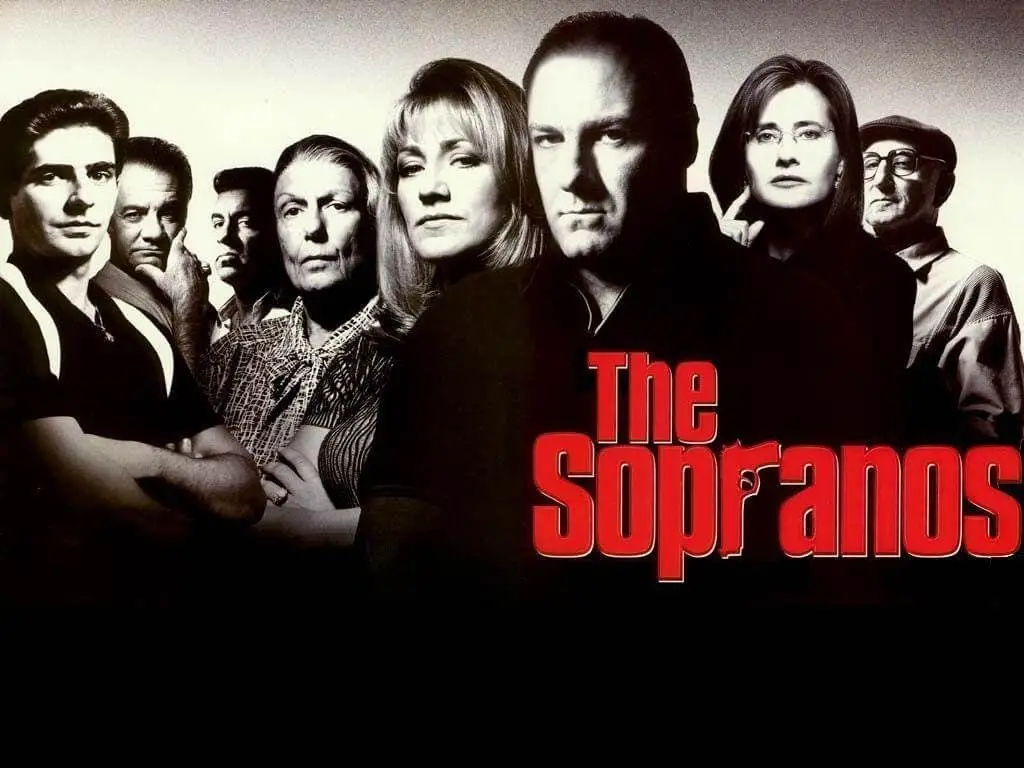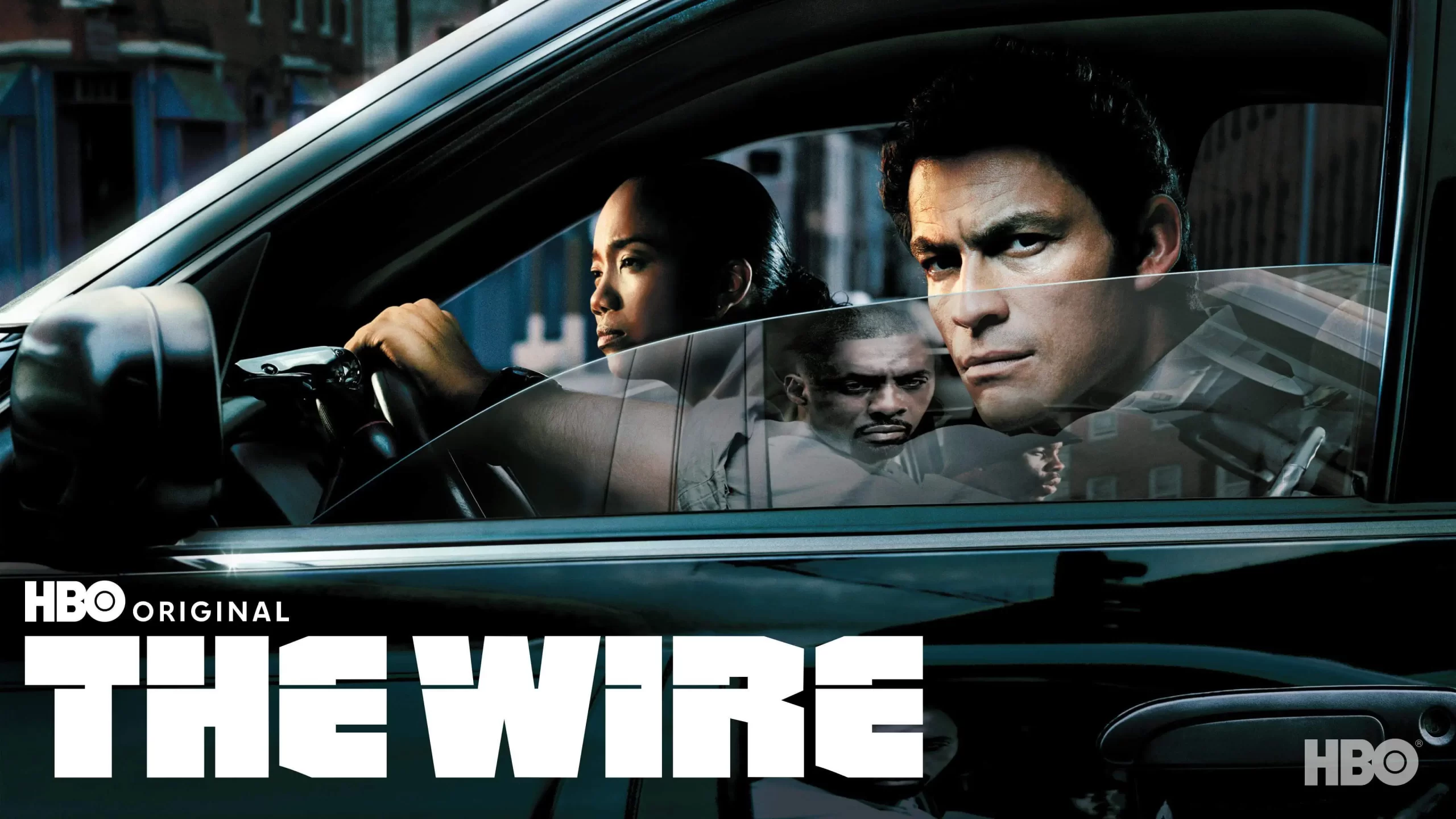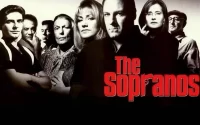A Family at War: Succession and Shakespearean Drama in the Modern Media World
Succession and Shakespearean Drama in HBO’s Succession
HBO’s hit series Succession has captivated audiences with its compelling portrayal of “Succession and Shakespearean Drama” within a powerful media family. At its core, the show explores the themes of succession, inheritance, and the corrupting influence of power and money through the lens of classic dramatic tropes.

Content
The Roy Family’s Descent into Madness
The Roy family’s descent into madness as they engage in an epic power struggle is reminiscent of the tragedies of “Succession and Shakespearean Drama”. Viewers are drawn into the dramatic irony of watching the siblings tear each other apart in their quest for power and their father’s approval.
Succession follows the Roy family – patriarch Logan Roy and his four grown children – as they engage in an epic power struggle upon Logan considering stepping down as CEO of global conglomerate Waystar Royco.
As greed, jealousy, and betrayal take hold among the siblings, the show depicts the family’s descent into a Shakespearean tragedy of manipulation, betrayal and madness. Viewers are drawn into the dramatic irony of watching the Roys tear each other apart in their quest for power and their father’s approval.
Twists of Fate and Tragic Flaws
At the heart of Succession’s dramatic appeal are the classic elements of fate and character flaws that drive “Succession and Shakespearean Drama”. Each Roy child possesses a distinct and ultimately self-destructive character trait that propels the narrative in unexpected directions.
From Kendall’s manic ambition and self-loathing to Shiv’s calculating detachment and Roman’s reckless impulsiveness, the siblings’ tragic flaws ensure that no outcome is guaranteed as their internal wars collide with the external forces conspiring to shape the company’s future.
A Modern Exploration of Inheritance and Succession
Beyond its compelling characters and plot, Succession offers a timely exploration of the complex themes of inheritance, succession and family legacy in the modern era.
In an age where wealth and power are increasingly consolidated within dynastic media families, the show holds an unsparing mirror to the corrupting influences and dysfunctional underbelly that often lie just beneath the surface of even the most powerful clans.
Through its blend of drama, humor and piercing social commentary, Succession brings Shakespearean themes into vibrant dialogue with the 21st century world of global capitalism, corporate intrigue and the ultra-wealthy elite.

Conclusion
In conclusion, Succession has proven a breakout hit by transposing the epic themes of Shakespearean tragedy – fate, character flaws, betrayal, and the corrupting nature of power – onto the modern stage of a global media empire.
Through its blend of drama, dark humor and piercing social commentary, the show brings these classic elements into vibrant dialogue with 21st century issues of wealth, capitalism and dynastic family legacies. With its compelling characters and plot twists driven by Shakespearean forces, Succession promises to continue captivating audiences with its exploration of succession, inheritance and the madness of power.
FAQs
Why does Succession resonate so strongly with viewers?
Beyond the compelling characters and plot, Succession taps into universal themes of family, power, and the corrupting influence of wealth that give it broad appeal and resonance for viewers across demographics.
How does the show draw from classic dramatic traditions?
Succession is deeply influenced by Shakespearean drama, deploying familiar tropes of fate, tragic flaws, manipulation, and descent into madness to propel its compelling narrative of a powerful family tearing itself apart. These classic elements give the show literary depth and dramatic irony that keep viewers hooked.

Meet Andrew, the entertainment enthusiast. He’s your go-to for movie reviews, TV series insights, and the latest on Hollywood’s rising stars. Join him for a dose of pop culture magic.






